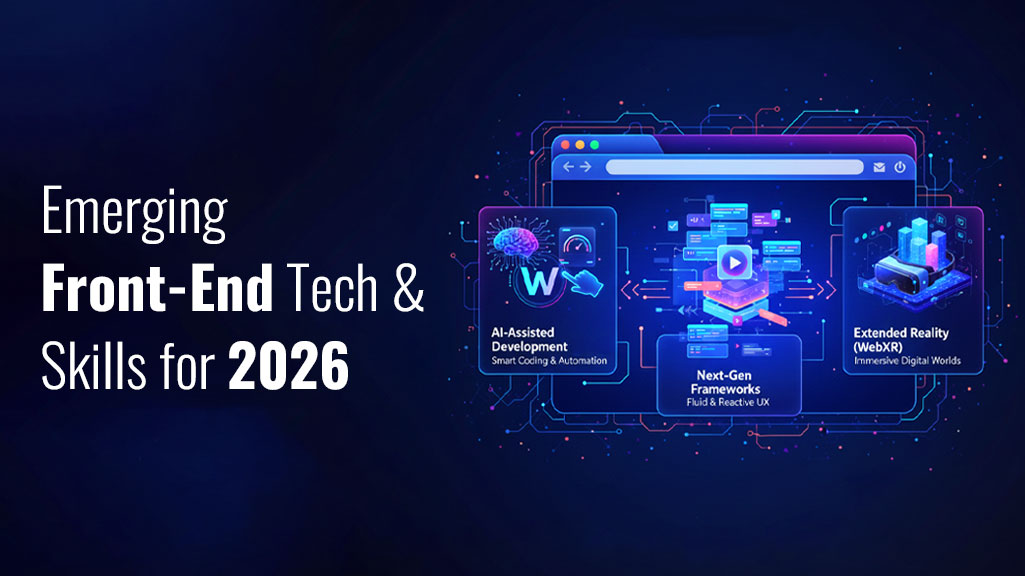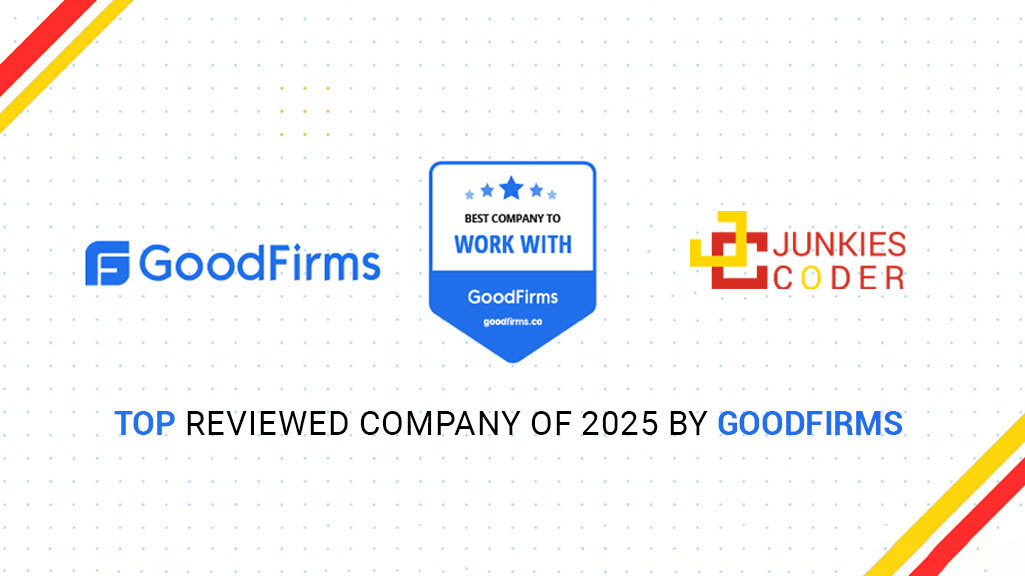How to Rank Higher on Google & AI Search Engines: An Actionable Framework and Holistic Approach involves adopting a comprehensive strategy that integrates technical SEO optimization, high-quality and relevant content creation, user experience enhancement, and continuous adaptation to search engine algorithms.
This begins with optimizing website structure, including fast loading times, mobile responsiveness, and proper indexing of pages, followed by the creation of valuable, well-researched content that answers user intent with a focus on long-tail keywords and semantic search, while also ensuring internal and external link-building strategies to boost authority and credibility.
Additionally, understanding AI-driven search engines like Google’s BERT and MUM models requires prioritizing natural language processing (NLP) in content, meaning that incorporating conversational language, answering complex user queries, and using structured data can help search engines better understand and rank your content.
So, let’s start without further delay…
Here’s a comprehensive framework to improve your search rankings:
- Understand the Search Intent : Keyword Research: Identify keywords that match user intent. Use tools like Google Keyword Planner, SEMrush, or Ahrefs to find high-volume, low-competition keywords.
Informational : Users looking for answers or information.
Navigational : Users searching for a specific website.
Transactional : Users ready to make a purchase or sign up.
Commercial Investigation : Users comparing options before making a decision. - Technical SEO Optimization : Website Speed: Ensure fast page load times. Use tools like Google PageSpeed Insights and GTmetrix to identify issues.
Mobile-Friendliness : Optimize for mobile devices. Google uses mobile-first indexing, so responsive design is crucial.
Secure Website (HTTPS) : Use SSL certificates to secure your site, which also boosts SEO.
Clean URL Structure : Use clear, concise, and descriptive URLs.
Structured Data Markup : Implement schema markup to help search engines understand your content better and increase the chance of rich results. - Quality Content Creation : Create High-Quality, Original Content: Content should be informative, engaging, and provide value. Use storytelling, data, visuals, and infographics to enrich your content.
Content Length & Depth : Longer, well-researched articles tend to rank better, especially for informational content.
Regularly Update Content : Keep content fresh by updating statistics, examples, and adding new insights.
Optimize Meta Descriptions & Titles: Ensure that meta tags are relevant, include keywords, and have a call-to-action (CTA) to improve click-through rates (CTR).
Content for AI Search Engines : Use clear, concise answers for AI-generated snippets. Break down content into sections and provide direct answers to common questions. - On-Page SEO Techniques : On-Page SEO Techniques refer to the strategies and optimizations you apply directly on your website to improve its ranking in search engine results.
Keyword Placement : Naturally incorporate keywords in the title, headers (H1, H2, H3), body, and meta tags.
Internal Linking : Connect related articles to encourage readers to explore more of your site. This helps search engines crawl and understand the structure of your site.
Multimedia Content : Use images, videos, and interactive content to engage users. Optimize images with alt text and compress them for faster load times.
Readability : Break down content into smaller paragraphs, use bullet points, and avoid jargon. Ensure content is easily scannable. - Off-Page SEO & Authority Building : Refers to the actions taken outside your website to improve its ranking on search engine results pages (SERPs) and build domain authority.
Backlink Strategy : Earn backlinks from reputable websites. Focus on quality over quantity. Use guest posting, collaborations, and PR outreach.
Social Signals : Engage on social media platforms to drive traffic and build brand awareness.
Build Trust & Authority : Gain trust signals through reviews, testimonials, and authoritative mentions. Google values E-A-T (Expertise, Authoritativeness, Trustworthiness). - Local SEO (If Applicable) : Local SEO is a crucial aspect of search engine optimization for businesses that operate in specific geographic areas or serve local customers.
Google My Business Optimization : Claim and optimize your Google My Business profile. Include accurate information, keywords, and photos.
Local Listings & Directories : Get listed on local business directories (e.g., Yelp, TripAdvisor) to increase visibility.
Local Content : Create content that targets local keywords and addresses local audience needs.
Customer Reviews : Encourage customers to leave reviews, respond to them, and maintain a positive reputation. - User Experience (UX) : In SEO refers to optimizing your website in ways that enhance the overall experience for visitors, ensuring that they find it easy to navigate, engaging, and useful.
Easy Navigation : Ensure users can easily find what they’re looking for. Use intuitive menus and breadcrumb navigation.
Reduce Bounce Rate : Create engaging content that captures the user’s attention. Include CTAs and related content to keep users on the site longer.
Accessibility: Make your website accessible to everyone, including those with disabilities. This can improve SEO and user satisfaction. - Monitor & Adjust: Analytics & Performance Tracking : Is a crucial aspect of any SEO strategy, as it involves continuously analyzing data to measure the effectiveness of your SEO efforts, understand user behavior, and make informed decisions for optimization.
Use Analytics Tools : Track your website’s performance using tools like Google Analytics, Google Search Console, and SEMrush.
Monitor Keyword Rankings : Regularly check keyword performance and make adjustments as necessary.
A/B Testing: Experiment with different strategies (e.g., headlines, CTAs) and monitor the results. Continuously refine based on what works best. - Focus on AI & Voice Search Optimization : Natural Language Processing (NLP): Write content that answers questions in a conversational tone, as people often use natural language in voice searches.
FAQ Pages : Create dedicated FAQ sections to answer common questions directly.
Optimize for Long-Tail Keywords : Target longer, more specific phrases that align with how users speak when using AI assistants like Siri, Alexa, and Google Assistant. - Future-Proofing with AI-Powered SEO : Involves leveraging artificial intelligence (AI) technologies and tools to enhance your SEO strategies, ensuring that your website remains competitive and adaptable in an ever-evolving digital landscape.
AI Tools for SEO : Utilize AI-driven tools like Jasper or Copy.ai for content creation, keyword research, and data analysis.
Prepare for Generative AI Results: Search engines increasingly incorporate AI-generated answers. Ensure your content is structured and valuable enough to be referenced by AI models.
Emphasize Information Reliability : Ensure that your content is accurate, well-cited, and up-to-date, as AI search engines prioritize reliable and authoritative information.
Achieving Top Rankings on Google and AI Search: A Comprehensive Guide
In the ever-evolving digital landscape, securing top rankings on Google and AI-powered search engines is vital for any business looking to thrive online. Both Google and AI search engines like ChatGPT or personalized search features powered by machine learning have shifted the way SEO is approached. While Google continues to focus on traditional ranking factors, AI search engines prioritize user intent, personalization, and dynamic content. Understanding these differences and adapting your SEO strategy accordingly is key to achieving success.
Keyword Research for Google and AI Search
The foundation of any strong SEO strategy starts with keyword research. For Google, this means identifying high-volume keywords with manageable competition, using tools like Google Keyword Planner or Ahrefs. With AI search engines, however, the focus shifts towards long-tail keywords and natural language. As AI increasingly understands and processes user intent, incorporating conversational phrases into your content is becoming more important than ever.
Content is King, But Intent is Queen
While Google still rewards comprehensive, high-quality content, AI search engines look beyond just keyword optimization. They analyze how well your content aligns with user intent and context. For both platforms, creating content that answers specific questions, solves problems, and provides real value is essential. AI-driven search engines tend to favor content that mimics the way users naturally phrase their queries, so focusing on user-friendly, clear, and engaging content will serve you well.
User Experience (UX): A Shared Priority
User experience has become a non-negotiable factor in SEO for both Google and AI-powered search engines. With Google’s mobile-first indexing, having a mobile-friendly, fast-loading, and easy-to-navigate website is crucial for ranking. AI search engines, on the other hand, place even greater emphasis on user engagement and behavior. If users are staying on your site longer, interacting with your content, or completing a desired action (like filling out a contact form), AI search engines will recognize your site as valuable and relevant.
The Power of Structured Data and Schema Markup
For Google, using structured data (or schema markup) helps search engines better understand and index your content. This is particularly important for appearing in rich snippets and other enhanced search results. AI search engines, which increasingly rely on context and relevance, benefit from structured data because it allows them to process and serve content that best fits user intent. Implementing schema markup for FAQs, reviews, and product details can give your content a competitive edge in both types of search engines.
Technical SEO and Performance Optimization
A technically sound website is crucial for ranking high on Google. Ensuring your site is optimized for speed, has an SSL certificate, and is free from technical issues like broken links or crawl errors is vital. Similarly, AI search engines prioritize content that is easy to access and interact with. Technical SEO, therefore, plays an equally significant role in helping both Google and AI-powered search engines index and rank your site effectively.
Leveraging Backlinks for Credibility
While backlinks have long been a staple of Google’s ranking algorithm, their importance extends to AI search engines as well. High-quality backlinks from authoritative websites signal credibility and trustworthiness. However, AI search engines are becoming more sophisticated, looking beyond the number of backlinks to focus on the relevance and quality of the sources. A strategic approach to building backlinks through guest posts, partnerships, and collaborations can elevate your rankings.
Optimizing for Voice Search and AI Tools
With voice search becoming more popular, optimizing for conversational keywords is crucial for both Google and AI search engines. People tend to phrase queries differently when speaking than they do when typing, so incorporating long-tail, natural language phrases into your content will increase your chances of ranking in voice search results.
Additionally, leveraging AI-powered content creation tools can enhance your SEO efforts. AI tools like Jasper or Clearscope can assist in generating high-quality content that aligns with both Google’s and AI’s ranking algorithms. These tools help ensure your content remains relevant, engaging, and optimized for the latest search trends.
Continuous Monitoring and Refinement
SEO is an ongoing process, and to maintain top rankings, constant monitoring is essential. Regularly review your website’s performance using tools like Google Analytics to identify areas for improvement. Analyze user behavior, bounce rates, and engagement metrics to ensure your content remains effective. AI search engines, with their focus on evolving user intent, will continuously adapt, so refining your content and SEO strategy is critical to staying ahead of the curve.
Conclusion
How to Rank Higher on Google & AI Search Engines: An Actionable Framework and Holistic Approach emphasizes the need for a well-rounded strategy that combines technical SEO optimization, high-quality content tailored to user intent, seamless user experience, and an understanding of how AI-driven algorithms work.
such as Google’s BERT and MUM models; by focusing on fast-loading, mobile-friendly websites, using natural language and structured data to align with semantic search, building internal and external links, and continuously monitoring performance metrics, businesses can effectively enhance their visibility on both traditional and AI-powered search engines, staying competitive in an ever-evolving digital landscape.
Ranking higher on Google and AI search engines involves a holistic approach that combines technical optimization, content quality, user experience, and consistent authority-building efforts. By following these strategies and staying updated with evolving SEO trends, you can improve your visibility, attract more traffic, and achieve better search engine rankings.









